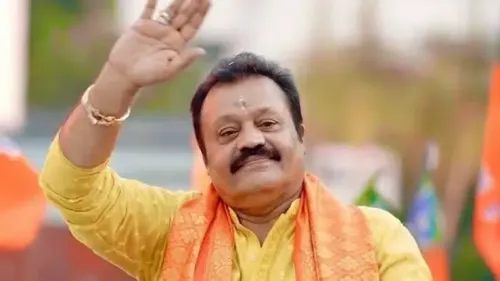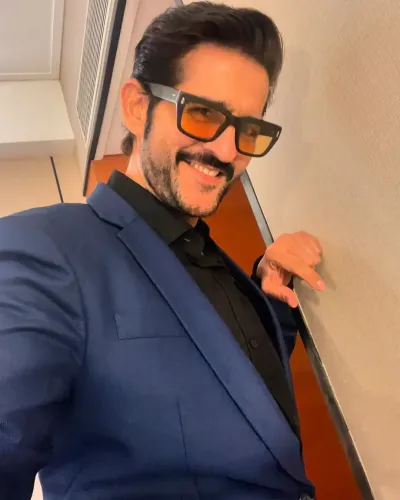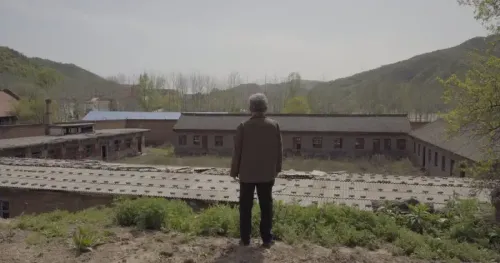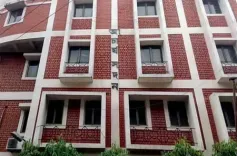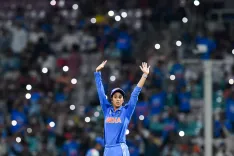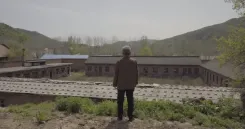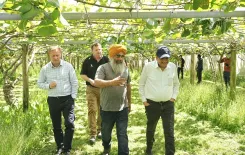Should the Madras HC Establish Uniform Guidelines for Political Events?
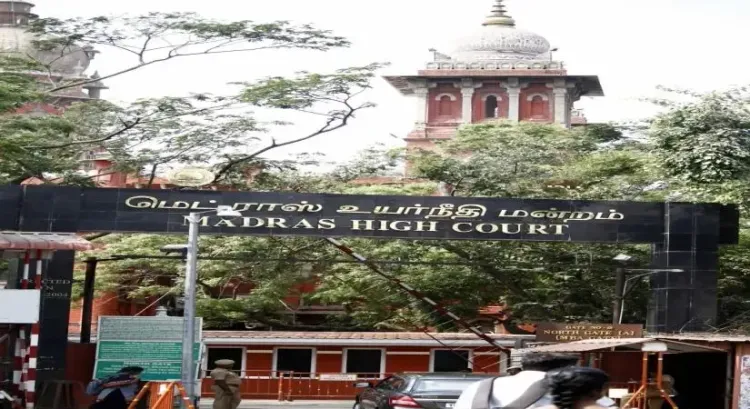
Synopsis
Key Takeaways
- Madras High Court calls for standardized guidelines for political events.
- Uniform monetary deposits required from political parties.
- Focus on accountability and recovery for public property damages.
- Claims of discriminatory treatment against the TVK.
- Next steps involve reporting on proposed guidelines by September 24.
Chennai, Sep 18 (NationPress) The Madras High Court emphasized on Thursday the importance of the Tamil Nadu government establishing standardized guidelines that mandate political parties and organizations to deposit funds prior to hosting public meetings or rallies.
This initiative, the court highlighted, aims to promote accountability and facilitate the recovery of costs associated with any damage to public property during such events.
A bench led by Justice N. Sathish Kumar instructed Additional Public Prosecutor E. Raj Thilak to submit a report by September 24 regarding the proposed guidelines, which should be enforced uniformly among all political parties and groups.
This directive was given while considering a writ petition submitted by Tamilaga Vettri Kazhagam (TVK), headed by actor Vijay, which accused law enforcement of imposing "excessive and impractical" requirements for permission to conduct a campaign in Tiruchi on September 13.
Senior counsel V. Raghavachari, representing the TVK, contended that the police had enforced 23 stipulations, including one that prohibited pregnant women, the elderly, and individuals with disabilities from attending. "How can a party restrict anyone from exercising their democratic right to participate?" he questioned.
In a sworn statement, TVK Deputy General Secretary C.T.R. Nirmal Kumar asserted that the party was founded on principles of secularism, social justice, equality, and linguistic unity, rapidly evolving into a significant political entity attracting women, youth, and students. He accused a dominant political family of fostering resentment towards the party, leading to biased treatment from law enforcement.
The affidavit indicated that TVK General Secretary N. Anand, known as ‘Bussy’ Anand, applied for permission to hold a campaign at police-designated locations on September 6. However, the approval came only on September 10, accompanied by conditions the party deemed arbitrary and unreasonable.
Notwithstanding the limitations, Vijay’s campaign proceeded peacefully on September 13, drawing a substantial crowd.
The TVK contended that, unlike other ruling and opposition parties, it faces persistent and unfair restrictions. To substantiate its claims, the party provided a copy of the permission granted to another political party, which had much more relaxed conditions. They requested the court to instruct the Director General of Police to guarantee fair and unbiased permissions for Vijay’s upcoming campaigns scheduled throughout the state from September 20 to December 20.
Meanwhile, the APP presented photographs in court depicting damage to public property following large gatherings during the event.

